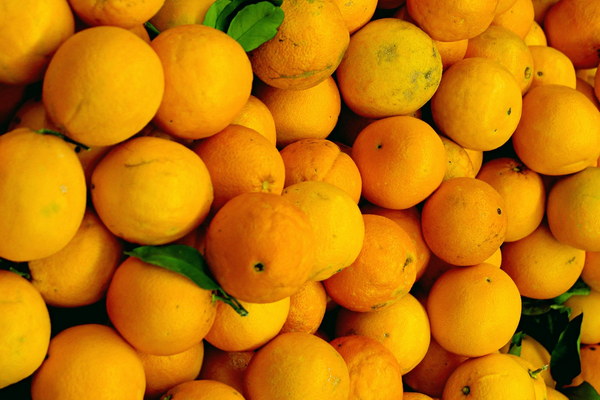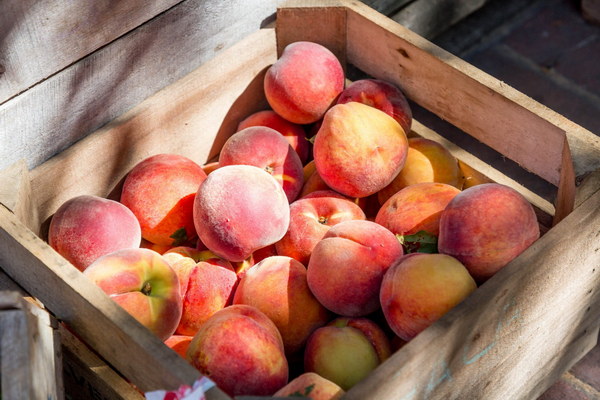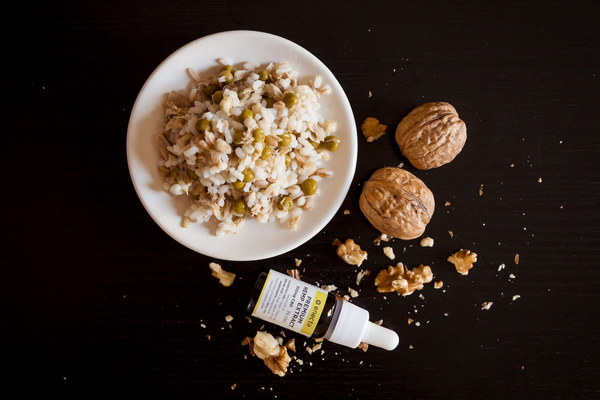Traditional Chinese Medicine's Approach to Lung Clearing and Phlegm-Resolving A Natural Way to Cough Relief
In the realm of traditional Chinese medicine (TCM), the concept of lung clearing and phlegm-resolving holds a significant place in treating various respiratory issues. This article aims to delve into the essence of TCM's approach to lung clearing and phlegm-resolving, exploring the underlying principles, common herbal remedies, and practical tips for incorporating these practices into daily life.
Understanding the Principles of Lung Clearing and Phlegm-Resolving
According to TCM, the lungs are responsible for the process of respiration and play a crucial role in maintaining the body's balance. When the lungs are affected by external pathogens, such as cold and wind, or internal factors like dampness and heat, it can lead to the accumulation of phlegm and the manifestation of cough, wheezing, and other respiratory symptoms.
The principle of lung clearing and phlegm-resolving focuses on restoring the normal function of the lungs, removing the underlying pathogenic factors, and promoting the smooth flow of Qi (vital energy) and body fluids. This approach aims to achieve a harmonious balance within the body, leading to improved respiratory health and overall well-being.
Common Herbal Remedies for Lung Clearing and Phlegm-Resolving
TCM utilizes a variety of herbal remedies to address lung clearing and phlegm-resolving. Some of the most commonly used herbs include:
1. Baical skullcap (Scutellaria baicalensis): This herb is known for its cooling properties and is often used to clear heat and relieve cough.
2. Licorice root (Glycyrrhiza uralensis): Licorice root helps to harmonize the other ingredients in a formula and enhance their efficacy.
3. White horehound (Marrubium vulgare): White horehound is a natural expectorant that helps to expel phlegm from the respiratory tract.

4. Mulberry leaf (Morus alba): Mulberry leaf is rich in antioxidants and helps to nourish the lungs, promoting cough relief.
5. Peppermint (Mentha haplocalyx): Peppermint is used to soothe the respiratory tract and alleviate cough.
These herbs can be combined in various formulas, depending on the specific symptoms and underlying causes of the respiratory issue. A TCM practitioner can tailor the formula to meet the individual needs of each patient.
Practical Tips for Lung Clearing and Phlegm-Resolving
In addition to herbal remedies, there are several practical tips that can help support lung clearing and phlegm-resolving:
1. Stay hydrated: Drinking plenty of water can help to thin the mucus and make it easier to expel.
2. Avoid irritants: Reduce exposure to cigarette smoke, dust, and other respiratory irritants.
3. Practice breathing exercises: Techniques such as diaphragmatic breathing can help to improve lung function and promote relaxation.
4. Get plenty of rest: Adequate sleep is essential for the body's ability to heal and recover.
5. Maintain a healthy diet: A balanced diet rich in fruits, vegetables, and whole grains can provide the necessary nutrients for respiratory health.
By incorporating these TCM practices into daily life, individuals can achieve lung clearing and phlegm-resolving, leading to improved respiratory health and overall well-being.
In conclusion, traditional Chinese medicine offers a unique approach to lung clearing and phlegm-resolving, emphasizing the importance of balancing the body's internal environment. By utilizing herbal remedies and adopting practical lifestyle changes, individuals can effectively address respiratory issues and promote long-term health.









